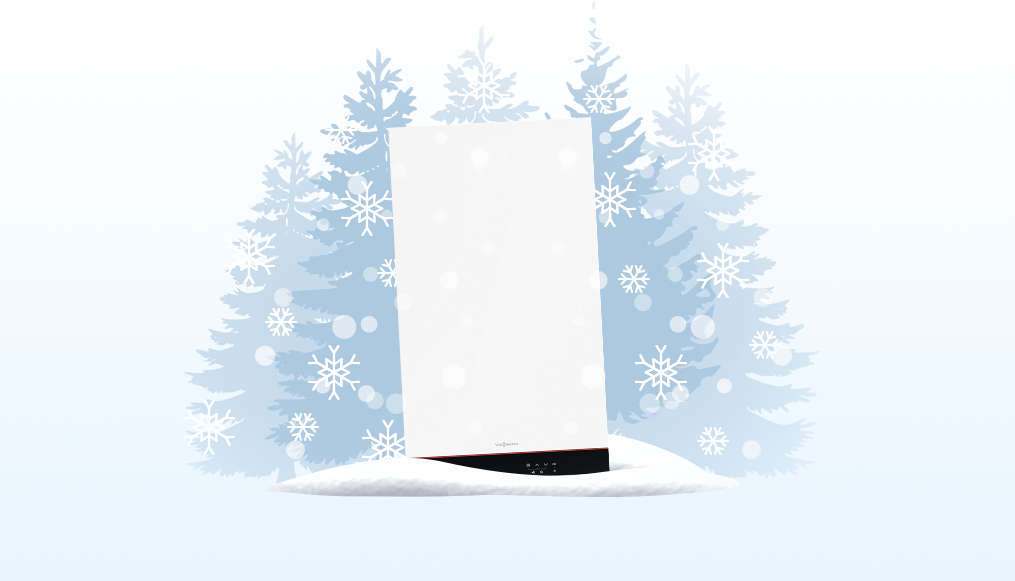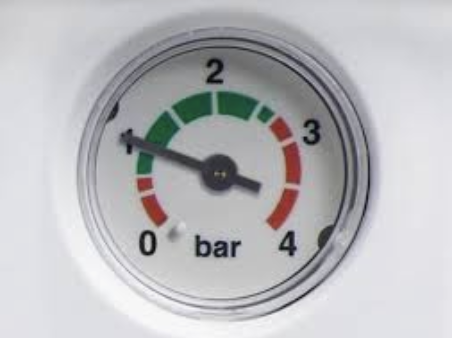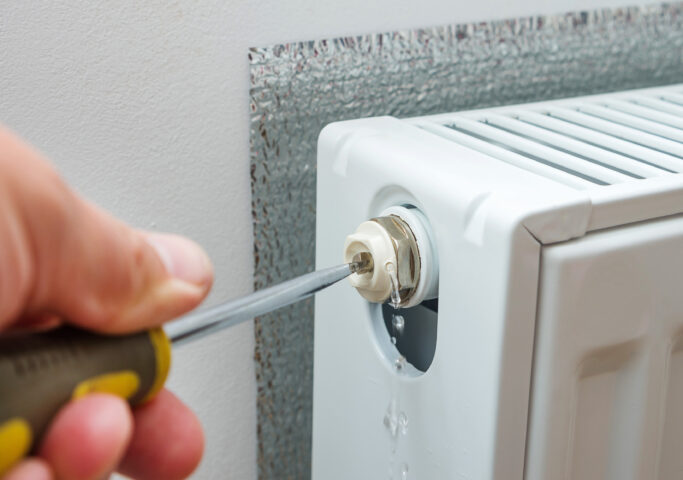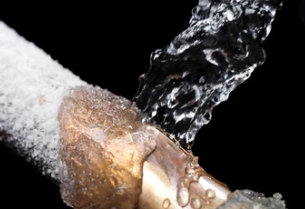
When Summer comes to an end, it is very important that you start to prepare for Winter which includes making sure your boiler is ready for it. You want your boiler to be able to meet your hot water and heating demands when the cold weather hits, so you should follow our guide to make sure you’re ready.
There isn’t a worse time in the year for your boiler to not be working properly than during the Winter months, so we have some top tips for you to do before the Winter comes.
Tips to be ready for winter
Here in this guide, we will give you a ton of tips and recommendations to perform on your heating system so that the chance of a breakdown during the Winter is minimal.
Check your boiler pressure
Your boiler pressure shouldn’t be below or above a certain level if you want your boiler to have a longer lifespan, so making sure it fits within the recommended range is vital. Having boiler pressure that is too low will mean that your demand for hot water can’t be met, whereas water pressure that is too high could cause damage to your boiler system or to you if your hot water comes out too fast.

To check your boiler pressure, the most common method is using a filling loop where you attach the loop to the mains water supply and your boiler, to allow water to pass through it. You should then check that your water pressure gauge is between 1-1.5 bars, as any higher or lower, pressure will need to be adjusted.
Once it is within the recommended range, you can remove the filling loop and everything should be working fine. If you have a combi boiler, then it is likely that it came with a filling loop built in, so buying one and having to put it in yourself shouldn’t be an issue.
Making sure your pressure is correct for the Winter should allow your heating needs to be met around the household, as well as save you the worry of having to get an engineer to your property to examine or fix anything.
Bleed your radiators
Bleeding your radiators is very important for a boiler to run as effectively as it can, as they can sometimes get cold spots that mean there is trapped air in them. This means that your boiler is working much harder in an attempt to get them to heat up properly, where most of the time it is unsuccessful.

To bleed your radiators, you will need a radiator key that can be inserted into the valve to let out all of the trapped air. You will hear a hissing sound as you are doing this, which is the air bleeding out of the radiator and, once the hissing stops, you should tighten the valve again and take out the key.
Once all of this is done, your boiler won’t have to work as hard to try and keep your house warm, so you end up getting much more value for the energy bills that you pay.
Service your boiler
Getting annual boiler service before winter starts is something that can majorly benefit you in multiple different ways. Firstly, it will likely be much cheaper in the Summer months compared to the Winter months, so you can save money getting the exact same service, but just at a different time of the year.
The demand for it will also not be as high, so getting a Gas Safe registered engineer to come to your property as soon as possible will require a much shorter waiting time. To get your boiler serviced, you will just have to book it either with your boiler manufacturer or a boiler installer, where a Gas Safe engineer will perform maintenance and if needed, repairs on your boiler.

Your engineer will examine and clean all the components of your boiler, both internal and external, to make sure everything is in order and your boiler is working at maximum efficiency. Once this is done, they will produce a report that lets you know the status of all your boiler’s components. If anything needs repairing or replacing, the engineer will do it for you, which is free of charge if you have boiler warranty.
Getting annual service for your boiler will also mean that your warranty will stay valid, as most companies will make it a requirement. Boiler warranty and service will help your boiler be in its best state for Winter, as well as save you tons of money on repairs that can be extortionate.
Insulate your pipes
Insulating your boiler pipes and condensate pipe is another method to prepare your boiler for winter, as it will help give them protection. During the colder months, the cold weather is prone to freezing pipes adding another layer over them will offer them extra protection from the cold as well as stop any leaks.

If you don’t have insulated pipes during the colder weather and find your pipes frozen, you can slowly unfreeze them by pouring tepid water on them. Be sure to also check the condition of your pipes once you have defrosted them to make sure there isn’t a major leak from burst pipes that could mess with the efficiency of your central heating system.
However, to reduce the chances of this happening, make sure you insulate your pipes before the Winter with a layer of foam. If you are on the lookout for pipe insulation, most DIY and hardware stores are likely to sell them, and can also easily be found online.
Get a carbon monoxide alarm
A carbon monoxide leak can be extremely dangerous for you and the rest of your household, causing horrible side effects and can often be fatal in a lot of cases. Carbon monoxide is created when your boiler fuel isn’t burned completely due to a lack of oxygen, so a broken boiler could be one of the reasons why it is produced.
This is why being able to know when you have a gas leak like that is extremely important, which can be done by installing a carbon monoxide alarm. Once the alarm detects any carbon monoxide, it will go off, letting you know that your house is a dangerous area to be in at that moment.

If your detector has gone off, the first thing you should do is turn off all gas appliances, allow fresh air in by opening all doors and windows, and get out of the house as soon as you can. Going to a doctor to get checked for any harm that it may have caused you or your family is vital to make sure there aren’t any long-term effects.
Once your house has been cleared, you should call an engineer to come and inspect your boiler to see what is causing the issue. They should then be able to fix it so no more carbon monoxide is produced and, if you have a boiler cover plan, can also be covered by this at no extra cost to you.
If you are looking for a carbon monoxide detector, then most electrical and hardware stores will sell them. They are also easily attainable on many online shops if you are struggling to find any.
Get your central heating system ready for Winter
As we’ve shown you, preparing your boiler for Winter can be very beneficial to you in many different ways. Doing even a few of these will massively prepare your boiler and heating system for the cold.

It might be that despite doing all of these steps has still left your boiler unprepared and ineffective, which could mean that you are in need of a new boiler. Boiler replacement might seem like a lot, but getting one before the coldest months of the year could be a great time to do so, whilst also being a great long-term investment for years to come.